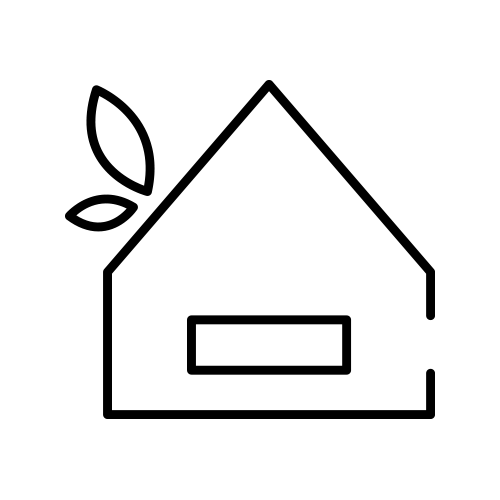The Principles of Reggio Emilia
The 100 Languages of Children
There are many important modes of expression in a child’s development. These modes of communication are
called the “Hundred Languages” and include the likes of sculpture, light and shadow play, music, movement,
writing, speech and many more. As a school we must ensure these ‘100 languages’ are catered for and that
resources are in place to support the children’s needs at all times.
The Teacher
Teachers act as mediators between what the children currently understand and what they are on the
threshold of understanding. The teacher’s role is to help the children to achieve the goals that they themselves
have set. Teachers guide the children through the discovery process until the children themselves are able to learn
independently. This process involves eliciting and sharing previous knowledge from the children and then
guiding the children to communicate what they wish to find out and discover next about a particular topic area.
The Environment
The environment serves as the “Third Teacher” with a focus on things such as the children’s work,
loose parts, light, shadow, nature and recyclable materials. All aspects of the environment provide the children with
opportunities to discover, question and learn. Teachers need to keep the environment welcoming, comfortable
and most importantly inspirational. Calming colours, music, light and natural surroundings are all used to create the most
relaxed and inspirational learning environment.
Time
Investigations build over time and children are allowed time to reflect and improve on what they have done.
Teachers get to know the personal time of each child and allow them the correct amount needed in order
to achieve their goals. Sometimes activities will be repeated as a child may wish to practice a skill and
refine or re-make their work in some way. This is very important as children take responsibility for their
learning and understand that in order to improve on something they need to put in extra time and effort.
Relationships
Teachers offer children the opportunity to work with whoever they wish. They can choose to work in big groups,
small groups, individually or with the teacher. This type of learning allows children the chance to gain
interaction and social skills but also acts to teach the children about taking responsibility for their own learning.
They understand that by asking for support their work might be better, but through working independently
they experience much more pride and a higher sense of achievement.
Observations
The teacher acts as a facilitator to learning. Their role is to observe and document how the children learn
and develop. The teacher will ask the right questions and provide quality resources in order to guide the
children’s thought process, while allowing them enough time to find the answers themselves. The recording
of quotes directly from the child’s mouth is a key element of documenting the ways in which a child views
the world around them as well as their progress over time.
Curriculum
The curriculum is not established in advance but rather the children decide what they would like to learn.
In this scenario the teacher might guide the children’s ideas and select the direction they could take their chosen
project work. Ultimately the children are in charge. This makes it impossible for teachers to share medium to long term
planning with parents. We therefore emphasise the importance of regular meetings or communica-
tion with the class teacher. Parents will be invited to visit the classroom to view and discuss the recent project
activities.
Investigations
Learning by doing is of great importance and the primary way of gaining knowledge and skills. Ideas for
investigations may evolve as topics progress, through suggestions by the children, teachers or even parents.
They can last a day or even several weeks. The teacher acts as a partner and facilitator to the children as they explore their own ideas. Investigations at home help to involve the parent in the learning journey of their child and offer opportunities for new knowledge that can be brought back to the classroom and
shared with their classmates.
Planning
Once the children have decided on a topic to explore they are given the chance to research and discuss what they already know. Knowledge is recorded and displayed for all to see and from here the children raise
questions with the teacher on what they want to have answered want to have answered.
As the topic progresses the children can alter their path and only they are responsible for deciding when they have finished.
The Role of Parents
At British Early Years Centre parents are seen as partners in learning in the same way that the teachers are. We encourage our parent community to actively participate in their child’s educational experience. Our teachers regularly invite parents to discuss topic and project work and give advice on how to continue and support their children’s learning in the home environment. For example this support might take the form of suggestions for possible trips at the weekend, that are seen to expand and contextualize recent learning, or possibly recommendations for experiments that can easily be done together at home. In whatever way parents support their child at home, involvement in the learning process is a very important part of the Reggio approach.
More formal meetings whereby the parent meets the class teacher to discuss their child’s learning journeys, can occur as frequently as a parent wishes. We actively encourage our parents to ask their teachers and the classroom assistants questions about their child’s day on a regular basis.
School Fees Inquiry
Find tuition fee details here.
Let us know your child's information for a personalised response.
